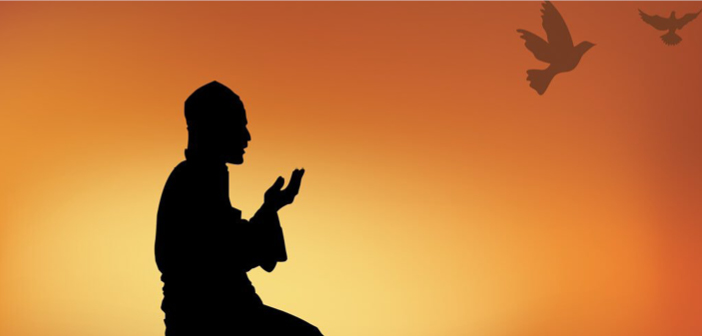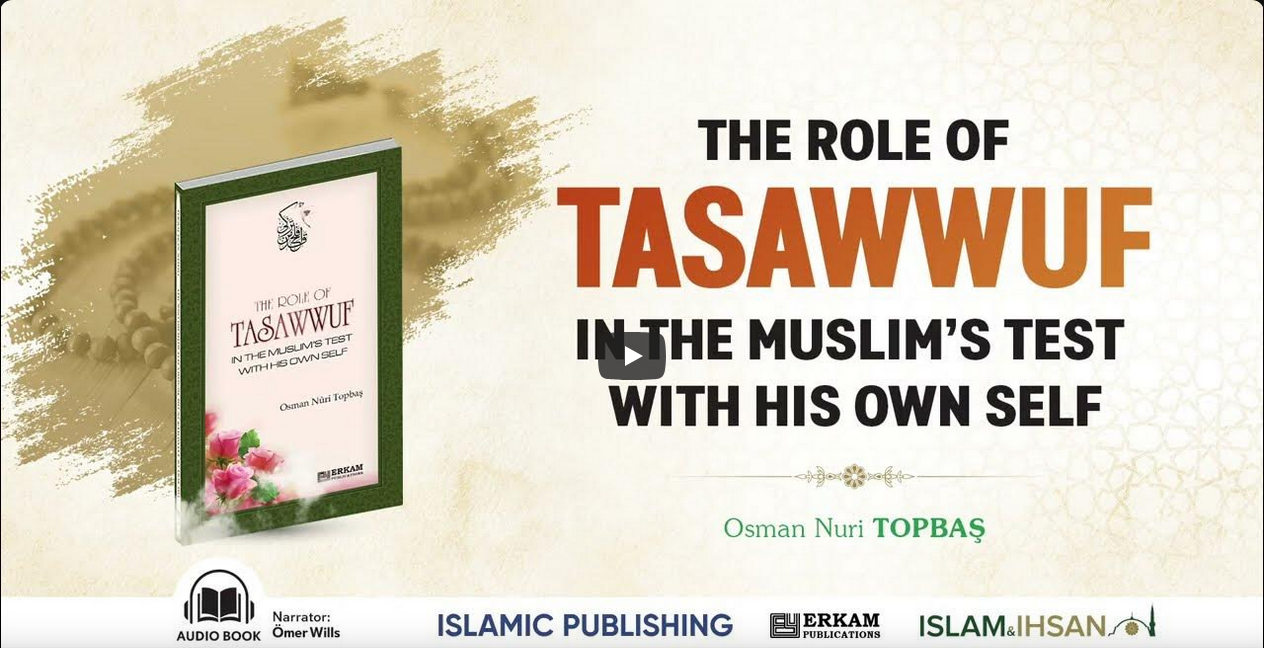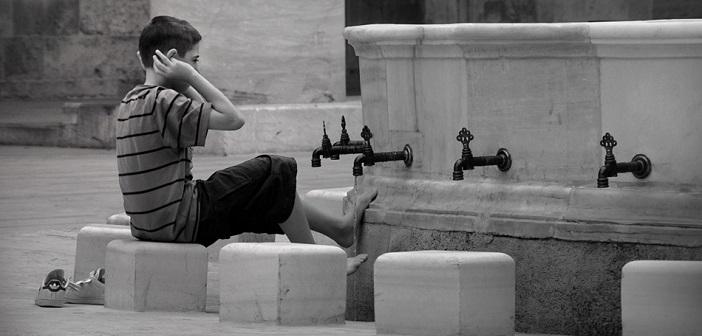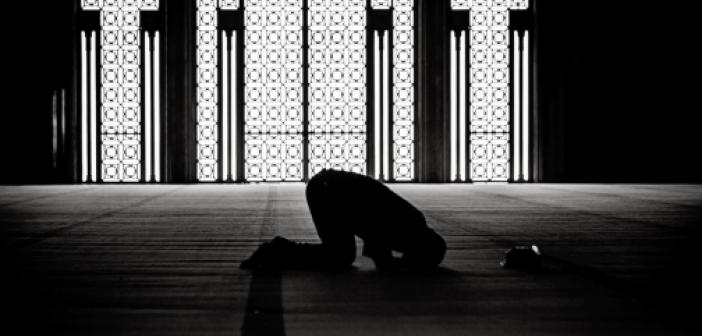
Spread of Islam and The Farewell
How did islam spread?
At the time the Prophet passed on in 632 CE, Islam had become well established as the main religion of the Arabian Peninsula and it had made inroads into neighboring regions; Muslims had become a major force to be reckoned with in the area. The great change in Arabia alarmed both the Byzantines and the Persians. Their governors, particularly those of the Byzantines, reacted with threats to attack Medina. Instead of waiting for an attack, the Prophet sent a small army to defend the northern most border of Arabia. During the remaining lifetime of the Prophet, all the major battles were fought at the northern front. The Prophet did not have a standing army; whenever he received a threat, he assembled the Muslims, discussed the situation with them and gathered volunteers to fight any act of aggression. During the Prophet’s own life time, Islam began to grow as the faith of the people living on both sides of the borderlands, between Arabia and the Byzantine and the Persian Empires. The Prophet’s followers faithfully carried the message of Islam to all these lands and within the time period of ninety years, the light of Islam had already reached Spain, North Africa, the Caucasus, northwest China and India.
According to the sources, it is reported that, it was during this period in 632 CE, that the Prophet performed his first and last pilgrimage. One hundred and twenty-thousand men and women performed pilgrimage that year with him. The Prophet received the last revelation during this pilgrimage and gave his farewell sermon. Two months later, the Prophet Muhammad (s) fell ill in Medina and after several days died, on Monday the twelfth of Rabi al-Awwal, in the eleventh year after Hijrah (June 8, 632 CE). He is buried at the same place where he died. Prophet Muhammad lived an extremely simple, austere and modest life. He was an immensely devoted man who spent one- to two-thirds of every night in prayer and meditation. The Prophet’s possessions consisted only of mats, blankets, jugs and other simple things, even though at the time he was the virtual ruler of Arabia. He left nothing to be inherited except a white mule, a little ammunition and a piece of land that he had bestowed as gift during his life time. Some of his last words were, “We the community of Prophets is not inherited. Whatever we leave is for charity.” Truly, Muhammad (peace and blessings be upon him) was a man, a messenger of Allah and the last of His prophets. [1]
[1]. For further detailed reading about the life of Prophet (peace and blessings be upon him) please read, Martin Lings, Life of the Prophet Muhammad; based upon the earliest sources, Cambridge: Islamic Text Society, 1997.
Source: Islam For New Muslims An Educational Guide,Assoc. Prof. Amjad M. Hussain, Erkam Publications
Reverting to Islam

What is Islam?












